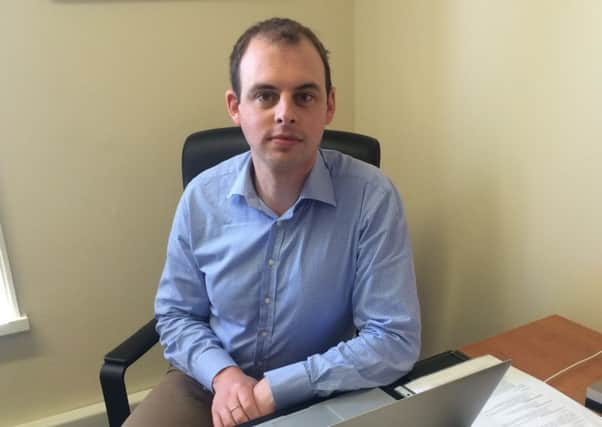Hospital bosses in Lincolnshire aiming to cut '˜health tourism'


United Lincolnshire’s Hospitals Trust, which runs Pilgrim Hospital, also revealed it will be tackling ‘health tourism’ more pro-actively by interviewing suspected ‘overseas visitors’ wanting treatment.
Chris Wormald, permanent secretary at the Department of Health, which is responsible for the NHS in England, told the Government’s Public Accounts Committee last week about the potentially ‘controversial’ move.
Advertisement
Hide AdAdvertisement
Hide AdTrials are already taking place in hospitals including Peterborough.
ULHT’s overseas visitor manager Adrian Graves said: “This is something we may explore within our hospitals in future.
“Previously, we have managed recouping payments from overseas visitors reactively, sending letters and bills usually after treatment has finished.
“We have recently appointed a new overseas visitor team to tackle this issue more pro-actively.
Advertisement
Hide AdAdvertisement
Hide Ad“In the future, our staff will be notifying us if they are treating patients who they suspect to be overseas visitors, and we will interview them to determine whether they are ordinarily resident in the UK.
“This will enable us to make an informed decision about whether to ask them for payment whilst they are being treated, rather than chasing them up afterwards.”
Boston MP Matt Warman said that while anybody who needed emergency care should receive it ‘without delay’ he also welcomed the moves.
He said: “This will help our health service to recoup costs from those not entitled to free care. The NHS is a national - not international - service and we should do all we can to prevent abuses of the system.
Advertisement
Hide AdAdvertisement
Hide Ad“Experiences in Peterborough show that we know this system can work, and can provide a meaningful additional source of income for the NHS, but we also know that it cannot be the whole solution to the challenges we face locally.”